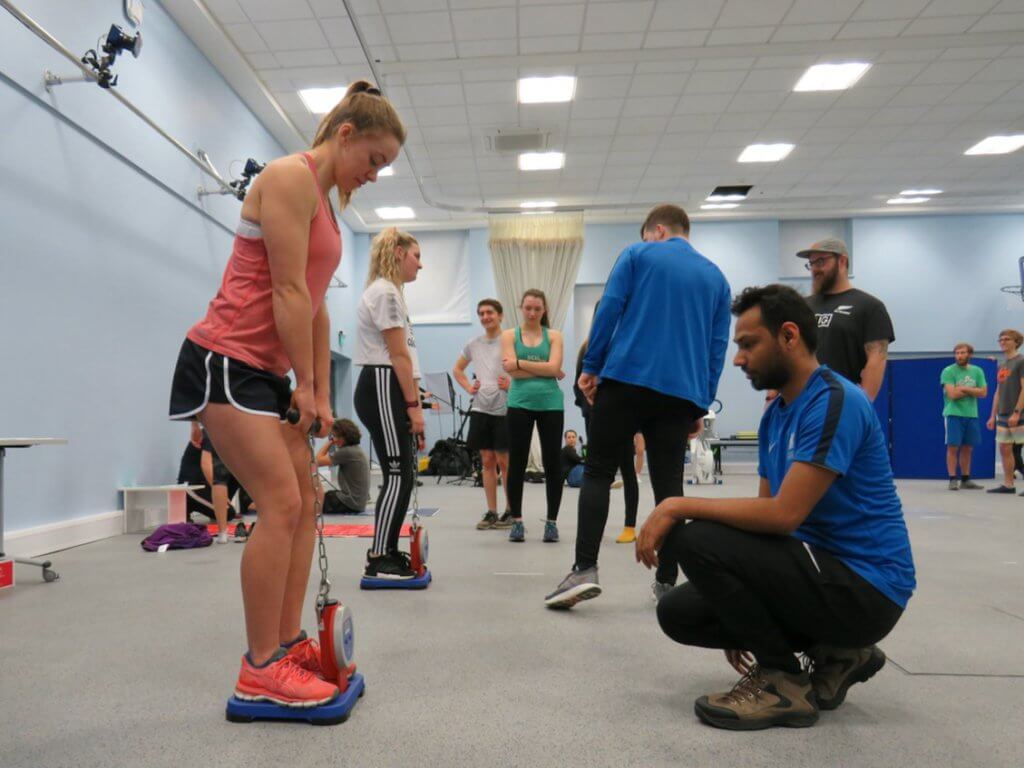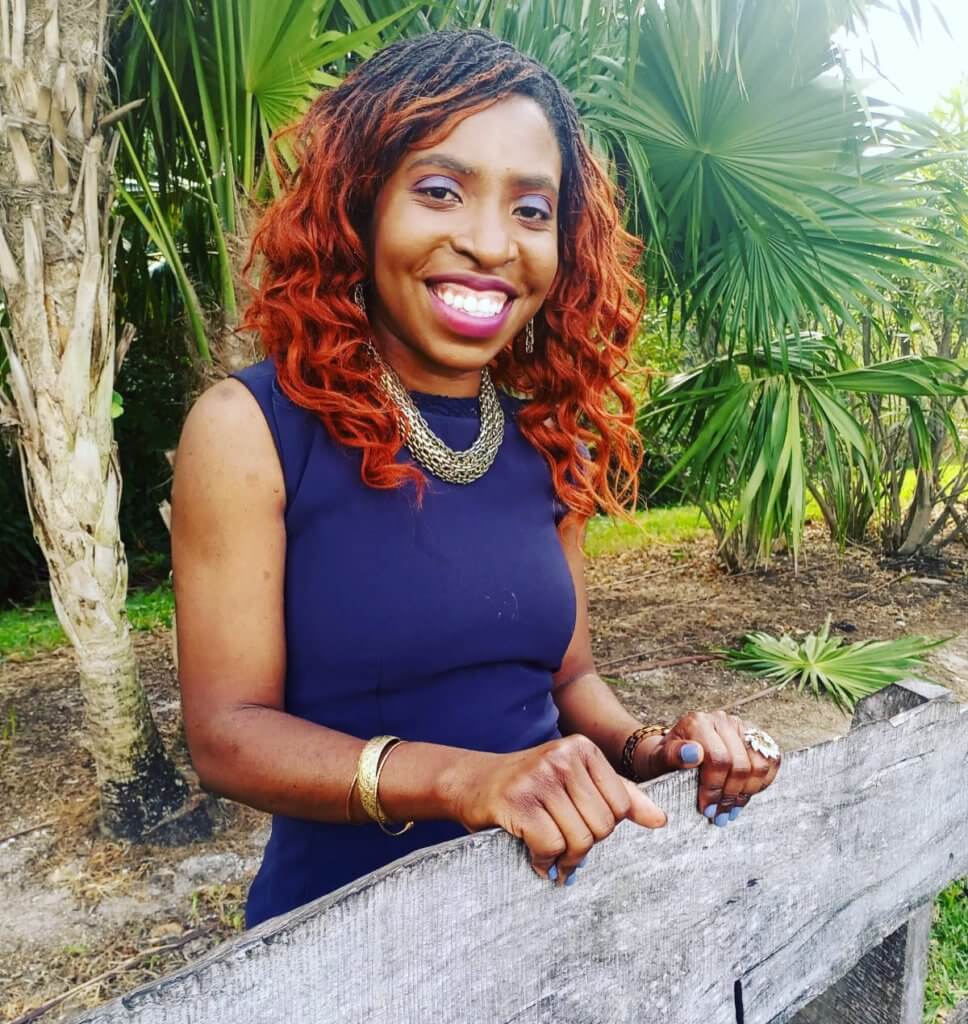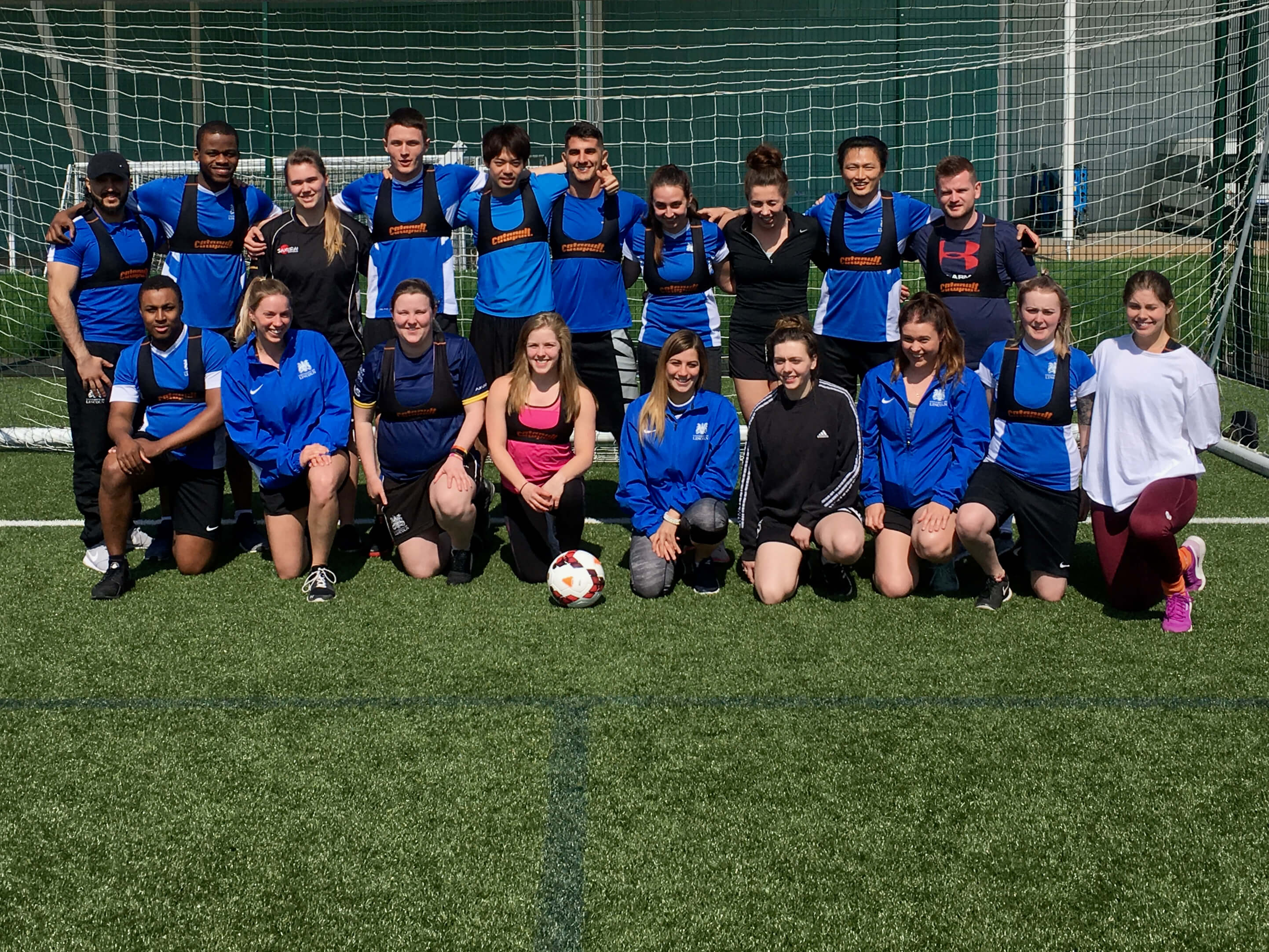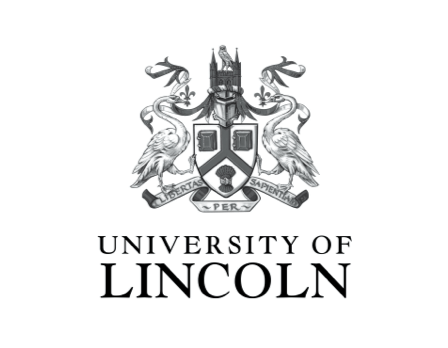Choosing to study at the University of Lincoln was one of the best decisions Vaibhav Shah ever made. While there are many reasons why students choose to study at Lincoln, for this MSc Sport Science graduate, it was the conveniently-located campus, friendly and welcoming student community, and access to a range of academic expertise that captured his attention.
One of the world’s great historic cities, Lincoln is renowned for its fusion of old and new and is rich in culture and history. The winning combination of a friendly and vibrant city centre and historic Cathedral Quarter — both offering an unbeatable variety of attractions, activities, and amenities — makes Lincoln a fantastic place in which to live and study.
Situated in the East Midlands region of England, Lincoln’s central location allows for quick and easy access to London and a number of other major cities, including Nottingham, Sheffield, Leeds, Leicester, and Hull. London’s King’s Cross Station is about two hours away by train.
For Shah, a personal highlight was being able to join such a friendly and helpful academic community. Before starting his MSc at Lincoln, he emailed Programme Leader Dr. Sandy Willmott to discuss his research interests, “He explained everything to me and guided me even before I made an application …The School of Sport and Exercise Science is filled with incredibly nice faculty members, technicians and staff who were always ready to help and guide me.”

Vaibhav Shah gained experience testing with world-class athletes such as these from the GB Freestyle Kayaking team. Source: School of Sport & Exercise Science, University of Lincoln
Students at Lincoln can make the most of a range of support, even before they start. As MSc Sports Therapy graduate Shervine Janay Thompson had arrived a week late in the semester, she initially felt a little overwhelmed. Like Shah, help was offered even before she stepped foot in the UK. “Before I left for the UK, the team at Lincoln had advised me on the best route to get from London to Lincoln,” she shares. “The academics also helped me catch up quickly with the rest of the class. They were there to provide support whenever I needed it.”
As any athlete would know, a good start is half the race won. This was true for Shah and Thompson. After graduating from Lincoln, Shah is now pursuing his doctoral training in biomedical engineering in Canada, focusing on the creation of an open-source platform for performing gait analysis using inertial measurement units outside laboratory settings.
Thompson is working with the Bahamas national football team in addition to providing freelance sports therapy to athletes from various disciplines. “My degree at Lincoln has allowed me to work confidently in treating clients,” she enthuses. “I felt well-trained as a sports therapist and competent in taking on the position.”

Shervine Thompson gained confidence and competence during her studies at the University of Lincoln. Source: Shervine Thompson
The success of Lincoln’s graduates is due, in part, to its robust experiential learning opportunities. “Excellent links exist between the School and industry and professional practices, which offer varied opportunities for work experience within the community,” explains Cathy Thomas, Head of School.
The University actively helps students to engage in online workshops, webinars and support roles with local clubs and individual athletes to apply what they learn; these opportunities complement the group discussions and applied task projects conducted as part of their degree programme. “Some of the webinars and online workshops helped me enhance my employability and improve my knowledge about the current research in different sport science areas,” says MSc Sport Science student Luis Morata Moreno.
MSc Sport Science graduate Nilcan Kose was able to assess, test and analyse several athletes using the lab equipment and specialist computer software during her studies. “It was always possible to get a second opinion from my lecturers which was helpful,” she explains. “This made me more confident in my skills and gave me a lot of practice for future jobs.”

Luis Morata Moreno gets to enhance his employability thanks to Lincoln’s experiential learning opportunities. Source: Luis Morata Moreno
Lincoln’s School of Sport and Exercise Science provides a selection of specialised degrees across a range of exciting and challenging subjects. Each programme benefits from the facilities, research-active academic team and strong links with practitioners. “The sport and exercise science courses offer opportunities to gain hands-on experience with a variety of sports organisations,” Thompson says. “I was able to practise what I learned in lectures and I found that this helped with my learning style and reinforced what I learned.”
Follow the University of Lincoln on Facebook, Twitter, Instagram, LinkedIn and YouTube.











